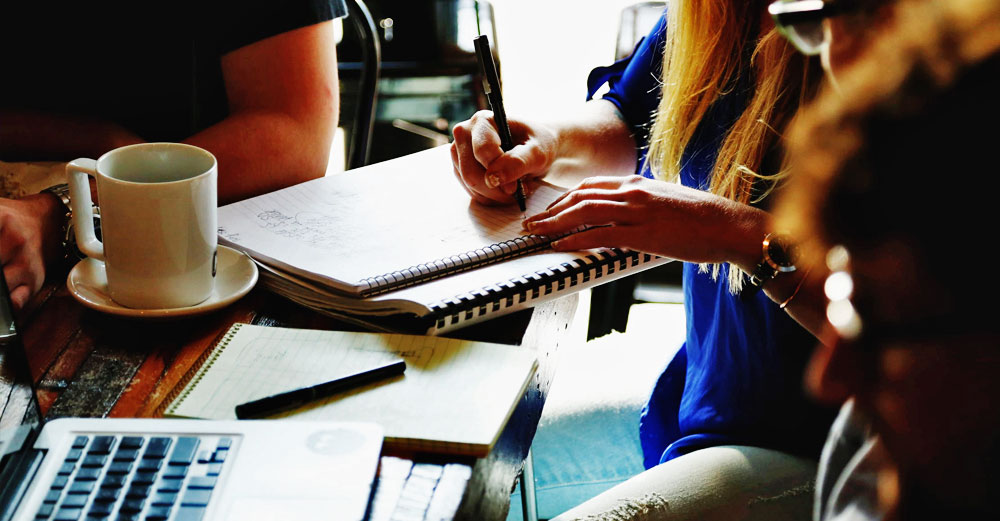
A college semester can be a busy time for anyone. For the fall semester, you get your syllabus in late August and see that your midterms were towards the end of October. You think, “I have plenty of time to study for those.” You were going to be proactive. You were going to study early on and make study guides throughout the semester to avoid all-night cram sessions. But, unfortunately, things come up. There might be some mid-semester lows kicking in when you realize you have A LOT of work and studying to do. We’ve all been there.
Don’t worry. There are ways to get through it successfully. Here are some tips to make your study sessions the most productive they can be, and at the same time have you on the road to a successful run at finals:
Eat a healthy diet – Normally, eating healthy should be a no-brainer. When it comes to doing good in school, it’s even more important. Simple foods in small portions like vegetables, lentils, and eggs are good meal and snack options to keep you focused all day. Meals that help stimulate learning and memory functions can be tasty and easy to make, and keeping healthy is a great side benefit.
Stay Hydrated – Staying hydrated is always important. But when it comes to studying, it is especially critical. Dehydration makes you sleepy, which as we mentioned will lower your cognitive abilities. That is the last thing you want when trying to study for a test. Keep a bottle of water nearby. Also, stay away from soda and alcohol to improve your ability to focus. Alcohol makes you sleepy and after that initial sugar rush, soda will do the same, lessening your cognitive abilities like thinking, reading, and remembering. It’s best to avoid both of these beverages when you’re trying to learn.
Study with others – Studying alone and processing all that info by yourself is good. But some added stimulation is beneficial for your learning capability too. Studying with others can bring additional focus to your work. A small group of friends can challenge each other with questions, quizzes, and games to help learn and remember new material. And when more notes are available, there’s more that you can cover and learn.
Chew Gum – Chew gum? Yes. Something you may have not known is that chewing gum improves your brain function. A study was done on this phenomenon and it found “participants who didn’t chew gum performed slightly better at the beginning of the task but were overtaken by the end. This suggests that chewing gum helps us focus on tasks that require continuous monitoring over a longer amount of time.” So, pop a piece when you start that study session. Just don’t spend too much time trying to blow giant bubbles!
Exercise and stay active – Certain exercises like yoga and stretching help cognition. While an hour of cardio may just tire you out, exercise that helps you breathe and concentrate will in fact help you retain more information in the long run. This can be accomplished with simple efforts like working at a standing desk, stretching, and working muscle groups while seated and studying. In addition to simple exercises, it’s good to stay active in a general sense. Don’t let yourself get complacent on the bed or couch. Instead, turn the lights on, sit at the table, and sit up straight to tell your body to stay alert.
While there are many different ways you can stay focused, these are some of the most researched tips on staying alert. Focusing can be difficult so try a technique or two in order to make that studying time the as effective as it can be!



